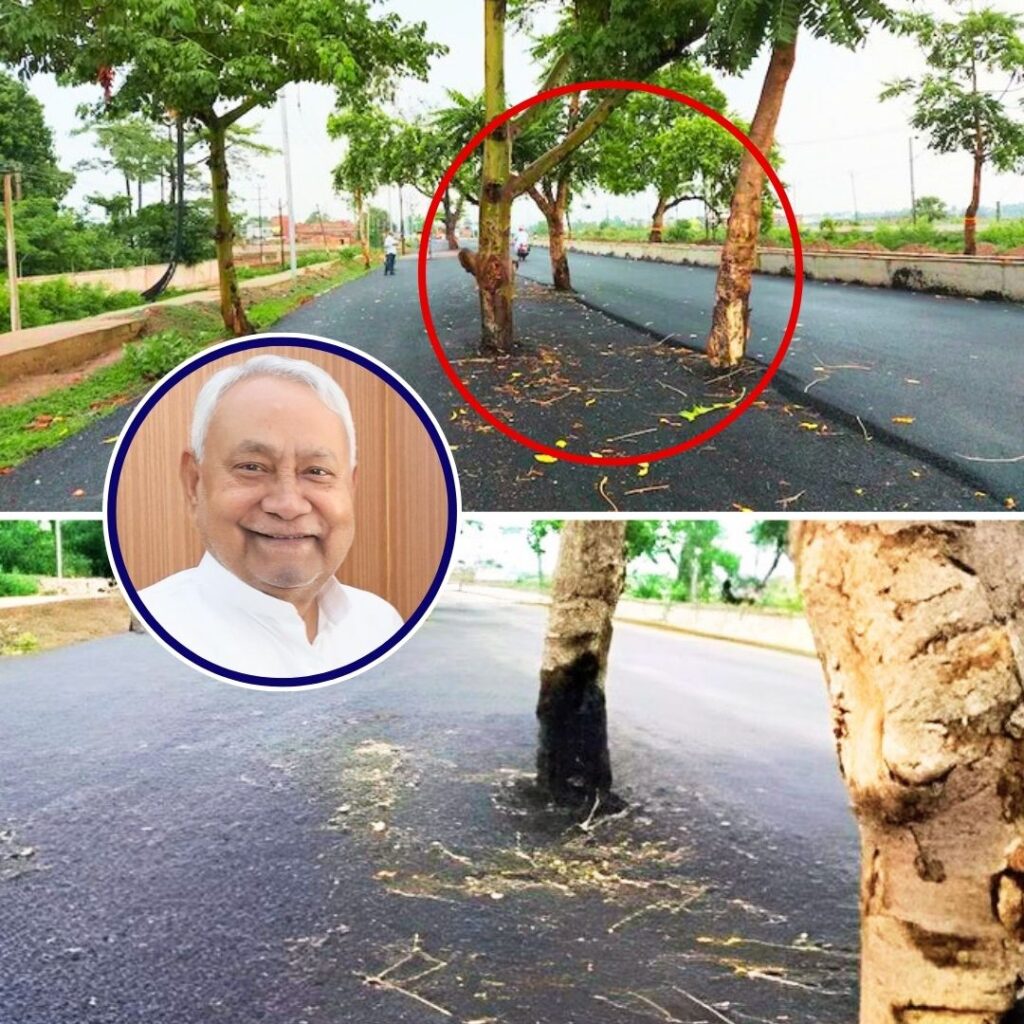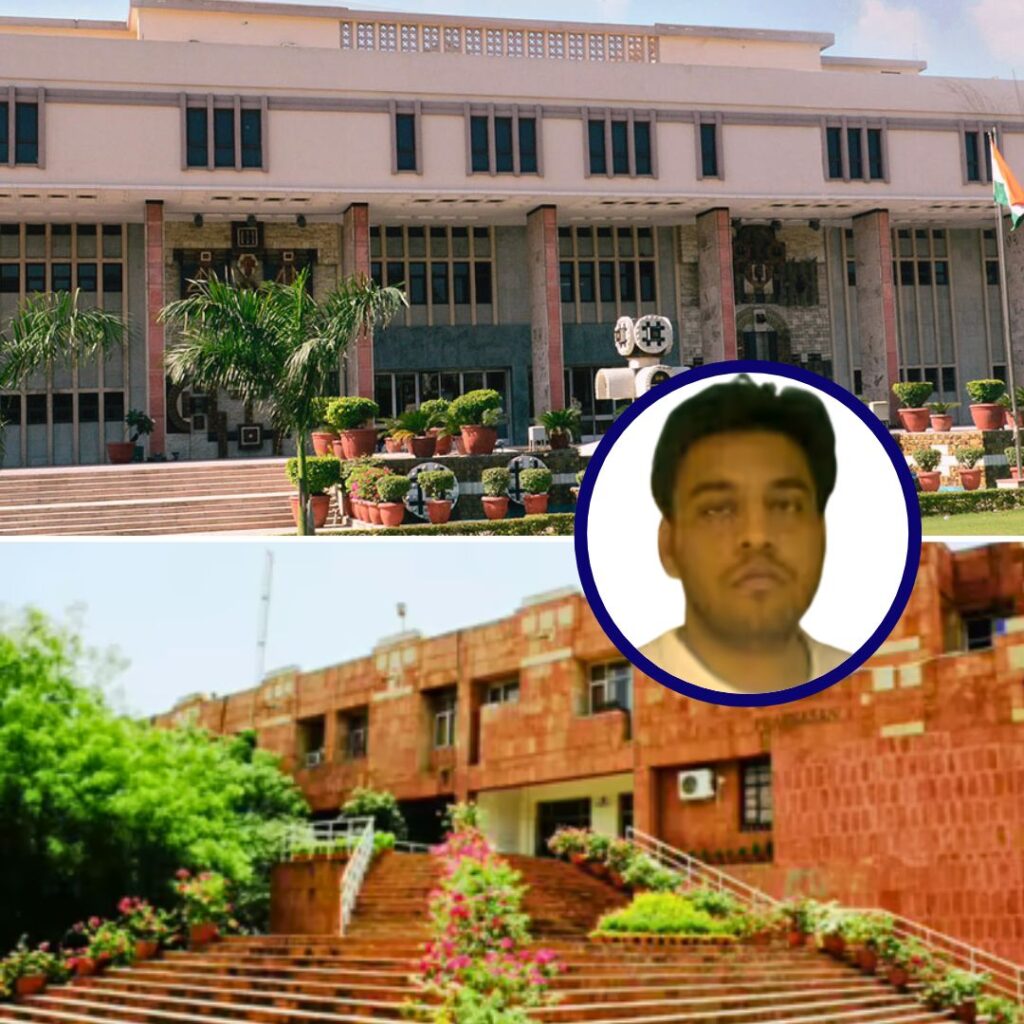“At a time when the country’s farming sector is going through a turmoil, a farmer’s most important weapon is his ability to speak and be heard,” said Kedra Sirohi.
As the founder of Aam Kisan Union (AKU), he started a movement – a movement to uplift the farmers and give them a platform to be heard.
Kedar Sirohi is a farmer by birth and an agricultural economist by education. He grew up in Hedar, Madhya Pradesh and recognised the ills in the farming sector very early on in his life.
“Whenever I used to visit my village, the locals spoke of the problems that they faced every day. Each one of them had a concern, but no platform to voice it. This made a couple of us think – if we don’t help their cause, who will?” said Sirohi with immense vigour in his voice.
“There are two areas of work. The first is production – identifying what can be grown, engaging in farming activities and making profits. However, while agriculture is happening – the framers are doing their jobs, the production is constant – government policies are stagnant. This is the second area where work and progress are essential. Since the country lacked efficient policies, we know that we had to fight for a system that gives profits to farmers. With this thought, our interest in agriculture activism grew,” he continued.
With this, he started the Aam Kisan Union – a non-political farmers’ organisation aimed to urge the government to bring in policies to uplift agricultural workers.
The Logical Indian, in an interview with the man who gives voice to Madhya Pradesh farmers, lays his journey and inspiration behind taking the cause of Indian farmers.
Aam Kisan Union
“Aam Kisan Union is a non-political movement that I started in Harda district in 2011,” said Sirohi. The union has no President or head and works under the leadership of its common committee comprising eleven farmers. “The committee is our chairperson, our President and our head,” he added.
AKU was started locally to raise the voice of the commoners. Its aim is to recognise local problems and their solutions and fight local issues. “The union majorly consists of youth who are educated graduates and postgraduates,” said Sirohi.
“We have unique rules and regulations in the union. Anyone can put forward their voice – that is its beauty. We include all farmers but focus more on small and marginal farmers because they are the ones unable to raise their voices. The big farmers are able to discuss their concerns with politicians, the government bodies and local authorities, but the small ones continue to suffer in silence,” he continued. “Till date, we have achieved a lot of things. The union has clarity of issues and hardly any internal conflicts. We recognise issues with the farmers and take them to the government. From 2012 to till date, we have received Rs 400 crore compensation under the crop insurance policy. We see this as a major success for our movement.”
The Aam Kisan Union has unique methods of protesting and putting forth their concerns. To urge the authorities to take action, they once dressed as Yamraj sitting on a buffalo to collect dues from government offices. In another case, the farmers dug their own graves and lay on the ground to protest farmer suicides. The union has a non-violent approach toward issues and aims to bring changes through silent acts of revolt.
“We also organised a Jal Satyagraha in the water of the Narmada river where the farmers pretended to drown themselves,” said Sirohi.
Members of Aam Kisan Union
“Basically, AKU was started when the educated kids in our district could not get jobs and they began farming. Sooner than later they realised that the industry has a lot issues. They wanted to bring out a change in policies. All of us kept forward our views and decided to work toward the betterment of farmers,” he added.
The Aam Kisan Union is funded by the farmers themselves. All the protests or movements organised by them are also financed by the farmers. “Our movement requires minimum cost because we are bound by common goals and there is immense unity. When we go to the government, the authorities know that we mean business which is backed with proof. We collect data ourselves and prepare good arguments to put in front of the government.”
The role of social media in the movement
“The thing that aided our endeavour the most was social media. If you go to the AKU Facebook page, you’ll see all our work in the last 5 years. We work through this medium. I strongly believe that if you have a problem, why come to the road and protest when you can reach a larger audience through the internet? After all, our ultimate goal was to make our voices he heard in the offices of the ones who can impact our cause,” said Sirohi.
When asked if the farmers are comfortable with the technology, he amusingly said that in progressive India, farmers are learning newer ways to approach issues and many of them are adept at using the internet…











